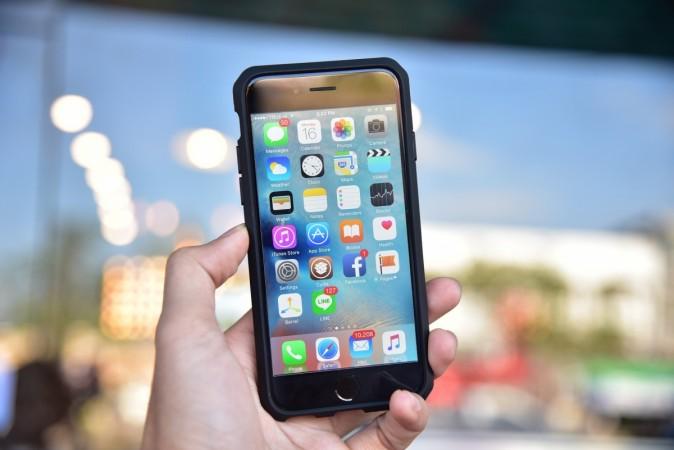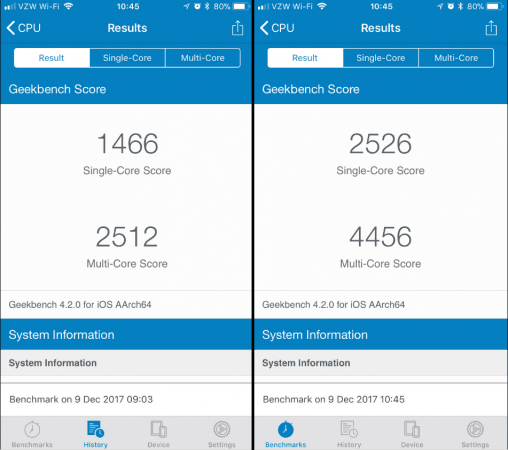The iPhones don't necessarily pack high capacity batteries, but it does suffice a normal day's worth of usage on a single charge. iOS is optimised in such a way that it makes the most of the juice available in its modest (by today's standards) battery.
But many people have been complaining that their iPhones are getting slower and slower with every iOS update. Well, they have been getting it wrong all this while – it turns out that old battery powering their device is the real culprit.

This slowing down of the iPhone issue, is much more prevalent in the iPhone 6S and the iPhone 6 generations in particular and the rest of the iPhones including the half-a-decade-old iPhone 5S seem to be unaffected.
The evidence was presented by a Reddit user TechFire, whose iPhone 6S was showing signs of slowing down. The user, at first thought that it was the iOS 11 update that may have caused the slow-down, but upon comparing it with his brother's iPhone 6 Plus running the same iOS version, it ran just fine. The user then decided to replace the battery, and voila! The iPhone 6S was back to its full speed.
TechFire also did a Geekbench score before and after replacing the battery. While the score was 1466 Single and 2512 Multi with the old battery, it leaped to 2526 Single and 4456 Multi after changing the battery. He concluded that, "Apple slows down phones with low capacity batteries, replacing it makes them full speed again."

The issue seems to be related to the iOS 10.2.1 update for the iPhone 6 and iPhone 6S generations and the "Your battery needs to be serviced" notification.
When the battery ages and loses its output capacity, the iPhone down-clocks the speed of the A8 and A9 chipsets that power the iPhone 6 and iPhone 6S respectively. This is done so that the phone does not draw in too much juice to avoid it from shutting down.
That said, the iPhone 7 and 7 Plus and later models are not affected by this nearly as much, since the A10 and A11 chips under their hoods have dedicated "low power" cores that run at 1/5th the power of the main cores. The iPhone 7 series and later use these "low power" cores more often and only kick-in the main cores only when necessary. However, it is interesting to know that the iPhone 5S which uses a four-generation old A7 chip is not affected by the issue.
Source: Reddit

















